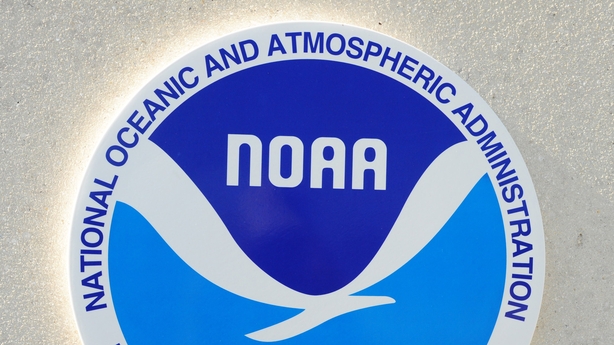New research has found the Earth's oceans are warming at a greater rate than previously thought.
The study casts doubt on earlier theories that there may be a pause in global warming.
Researchers in the US, UK and Canada are basing their claims on independent measurements of sea surface temperatures from floating buoys, Argo floats, and satellites in the last two decades.
Sea surface temperatures are considered an indicator of climate change and measurements over many decades have shown a clear trend towards warming.
However, in the past two decades, some research had suggested there had been a pause in the temperature rises - claims which some climate change sceptics had seized upon as potential evidence that human activities were not causing alterations in the global climate.
Sea surface temperature is measured using a variety of different techniques, including buoys and ships.
Scientists had considered buoys to be more accurate because they are in constant direct contact with the sea surface.
As a result, the use of ships to gather sea surface temperature readings has waned.
Another difficulty is that the data gathered by ships is slightly different from that produced by buoys, making it harder to integrate the two.
In 2015, the US National Oceanic and Atmospheric Administration (NOAA) revised its analysis and prediction of sea surface temperatures.

It found that sea surfaces were actually getting hotter than had previously been thought.
In fact, the new analysis saw the estimated warming trend jump from 0.07° Celsius per decade to 0.12° Celsius per decade between 1998 and 2014.
Despite being published in the highly regarded journal, Science, the findings caused some controversy, as they differed considerably from three other measuring series.
In this latest research, published in the journal Science Advances, the team of authors compare the measurements gathered by drifting buoys, Argo floats, and satellites to the new NOAA findings.
They conclude that the revised trends claimed by NOAA are the most accurate because buoys have a cold bias, raising fresh questions about how quickly the climate is now warming.
They also undermine the claims of climate change sceptics of a pause, and the previous statement of the UN's Intergovernmental Panel on Climate Change that there was a global warming "hiatus" under way.
We need your consent to load this rte-player contentWe use rte-player to manage extra content that can set cookies on your device and collect data about your activity. Please review their details and accept them to load the content.Manage Preferences

